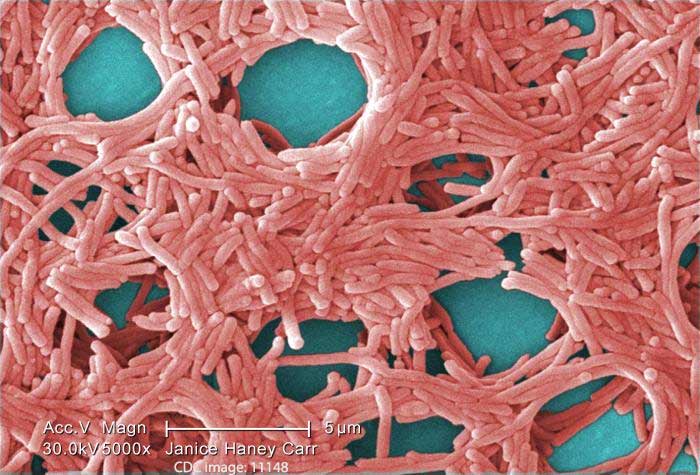Our law firm is representing someone sickened in the Legionnaires’ disease outbreak at the Illinois Veterans’ Home in Quincy. To date, 28 residents of the VA nursing home facility have been sickened, and tragically, two of them have died.
The people sickened in this outbreak breathed in water mist containing Legionella bacteria, the pathogen that causes Legionnaires’ disease. For this to happen, the water system at the Illinois Veterans’ Home in Quincy had to be contaminated with the bacteria.

The Illinois Department of Public Health (IDPH) had this to say:
Because man-made water systems are the most likely source of Legionella, appropriate maintenance is very important. Water temperatures can be raised to reduce transmission, and chemical treatments or biocides can be administered to water systems to inhibit growth of bacteria.
What was the protocol for preventing the growth of Legionella? Was that protocol adequate and was it followed? Obviously, something went very wrong, and those sickened and their families have a right to know what happened.
The Illionois Department of Veterans’ Affairs (IDVA), the state department of health and the Adams County Health Department are working together to identify and mitigate possible sources of the Legionella bacteria. All of the information found should be made public as soon as possible.
Legionnaires’ disease generally causes severe pneumonia. It is possible patients were diagnosed with pneumonia but not further diagnosed with Legionnaires’ disease because that requires special laboratory tests to detect whether there is Legionella bacteria in the body. If you have a loved one at the Illinois Veterans’ Home in Quincy who was diagnosed with pneumonia, request additional testing be done.
“Legionnaires’ disease can be a dangerous illness, especially in older adults who have weaker immune systems,” said IDPH Director Nirav D. Shah, M.D., J.D. “While there can be numerous causes of respiratory illness, we will continue to work with our public health partners and local healthcare providers to quickly identify residents who may have Legionnaires’ disease and get them treatment as soon as possible.”